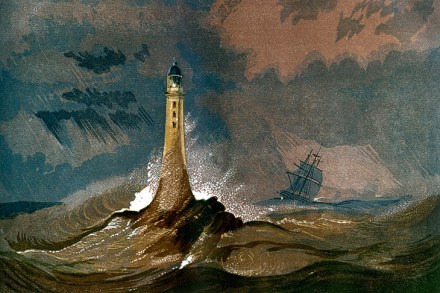Russian royalty
It is not as surprising at it sounds that two of the greatest collectors of modern art should have been merchants from 19th-century Moscow. If Russia managed to contrive a semblance of western civilisation in St Petersburg, it was by virtue of being directly under the steely Tsarist eye. Moscow on the other hand, half lost in the shadows of barbarism, was more wacky and roguish. It liked to think it was home to the true Russian spirit, which artistically meant gaudy folk art, icons, sad music and weird architecture. However the tiny rich class were desperate for the oxygen of enlightened humanist society which they found, like their St




















